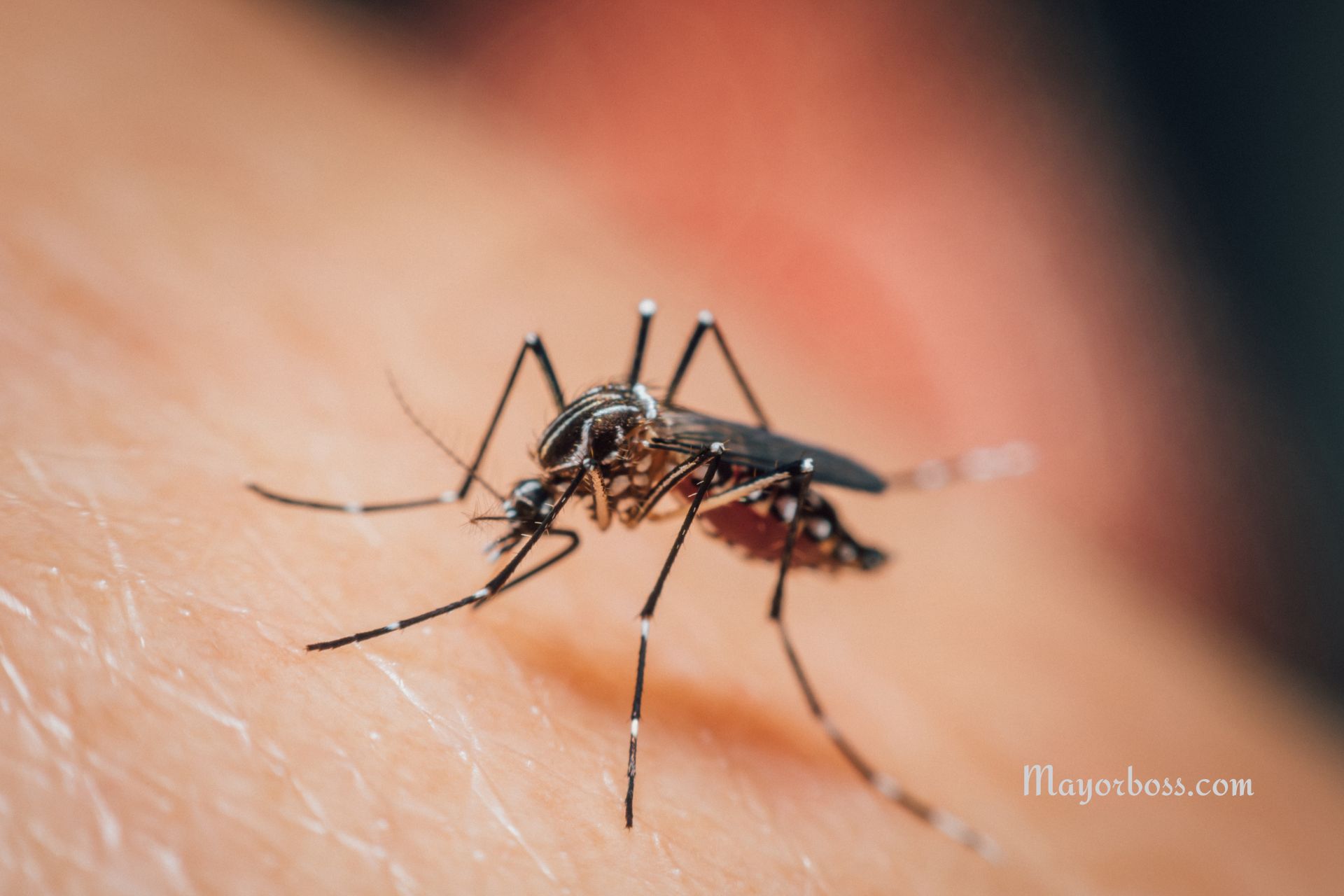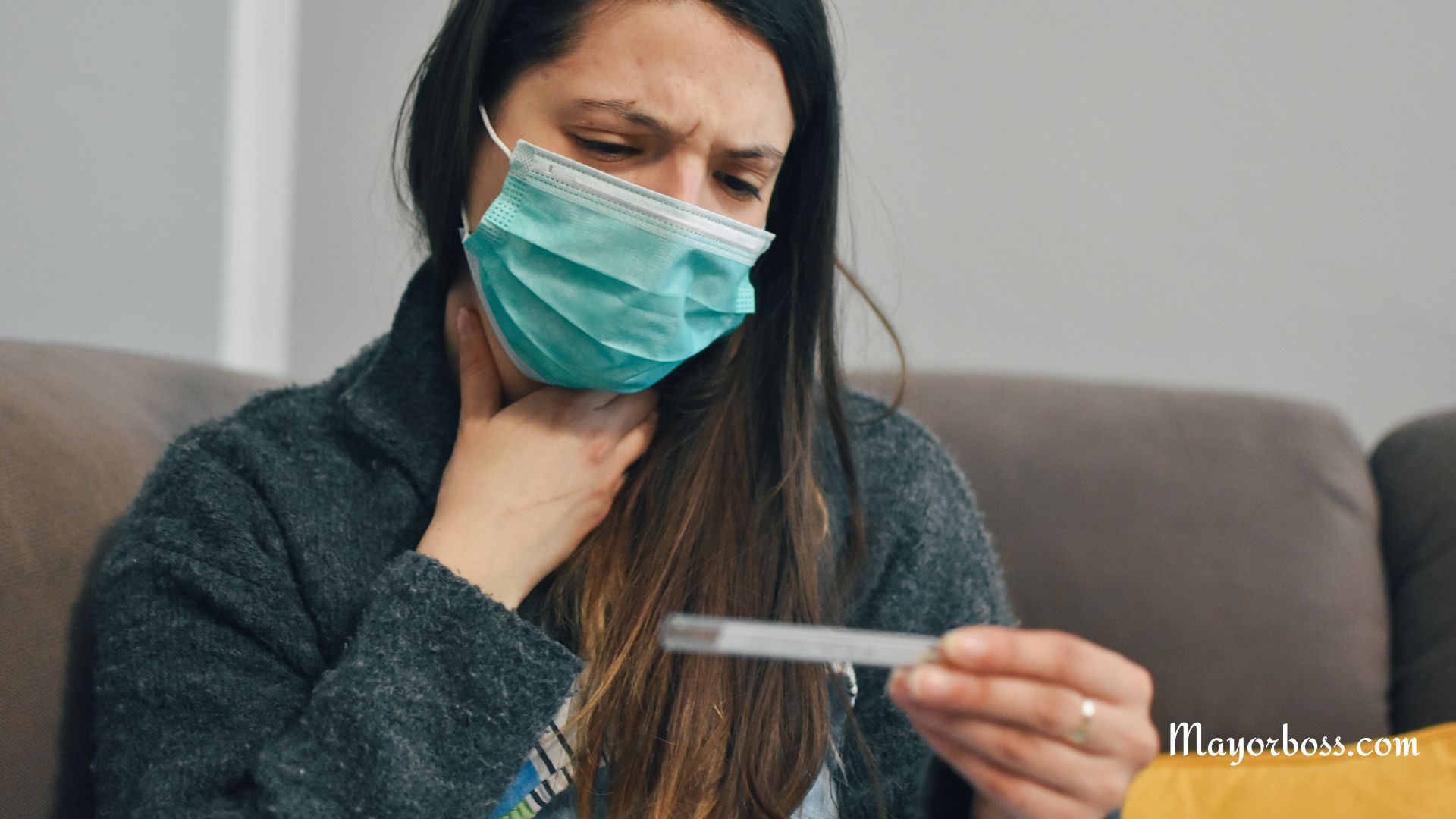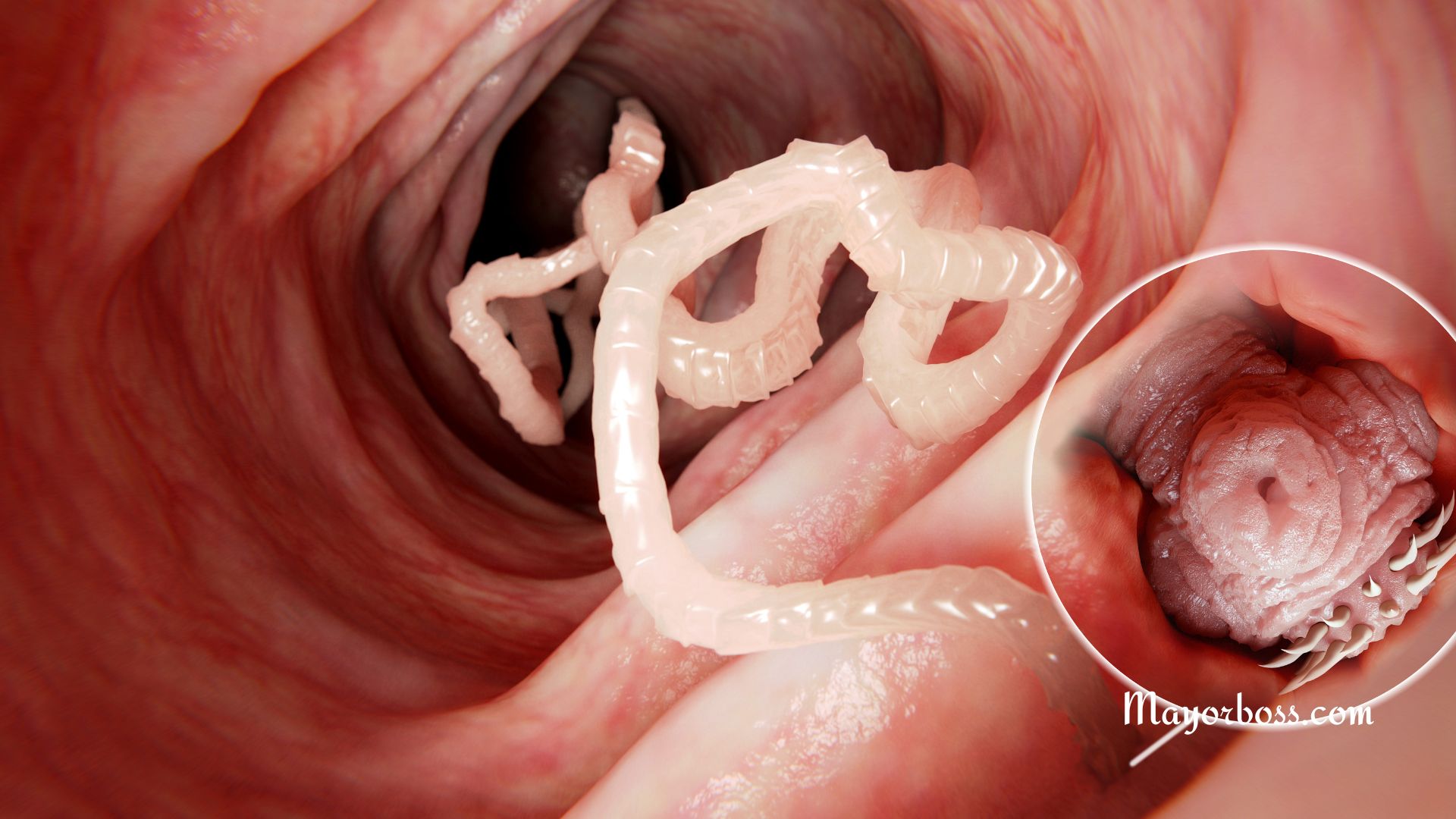7 Warning Signs of Dengue Fever
Dengue fever is a mosquito-borne illness that can range from mild to severe. The milder forms might just make you feel like you’ve got the flu, but the severe forms can be deadly. So, how can you tell if you’ve been infected? Here, we’ll discuss the seven warning signs of dengue fever that you should watch out for. Keep reading because knowing these could really make a difference!

What Exactly Is Dengue Fever?
First things first—dengue fever is caused by a virus transmitted by Aedes mosquitoes. These mosquitoes are more active during the day, so your usual nighttime mosquito precautions might not be enough. Once bitten, symptoms usually develop within four to ten days and can be quite severe.
The Warning Signs of Dengue Fever You Can’t Ignore
1. Sudden High Fever
The first and most common sign of dengue fever is a high fever, which can soar up to 104°F (40°C). This isn’t just any fever; it’s sudden and can hit you like a truck. If you notice your temperature spiking unexpectedly, it’s time to take note.
2. Severe Headaches
Another telltale sign of dengue fever is a severe headache. This isn’t your typical tension headache or migraine. It’s often described as being behind the eyes, which is a distinctive feature of the pain associated with dengue.
3. Pain Behind the Eyes
Speaking of pain behind the eyes, this symptom is unique to dengue. It can feel like your eyes are being pushed out of their sockets when you move them. If you’re experiencing this along with other symptoms, don’t take it lightly.
4. Joint and Muscle Pain
Dengue can make you feel as if your bones are breaking. This severe joint and muscle pain has earned dengue the nickname “breakbone fever.” It’s more than just discomfort; it can be debilitating.
5. Nausea and Vomiting
As the infection progresses, you might start feeling nauseous or begin vomiting. This can be particularly distressing because it makes it hard to stay hydrated—something crucial when fighting off dengue.
6. Skin Rash
A few days after the fever starts, a rash might appear over most of the body. This isn’t just any rash. It can be widespread and often adds to the discomfort caused by other symptoms.
7. Mild Bleeding
A more severe symptom of dengue fever is mild bleeding, such as bleeding gums, nosebleeds, or easy bruising. This happens because dengue can affect blood clotting mechanisms. If you notice any of these symptoms, it’s a signal that the disease might be progressing to a more dangerous stage.
So, What Should You Do?
If you notice any of these signs, especially if you live in or have traveled to a dengue-prone area, seek medical help immediately.
Frequently Asked Questions
What can I do to prevent dengue fever?
The best way to prevent dengue is to avoid mosquito bites. Use insect repellent, wear long-sleeved shirts and long pants, and control mosquitoes inside and outside your home.
How is dengue fever treated?
There’s no specific treatment for dengue, but early and supportive care, which often involves hydration and fever management, can help. Severe cases might require more advanced medical care in a hospital.
Can dengue fever be fatal?
Yes, especially the severe form known as severe dengue or dengue hemorrhagic fever. This form can lead to bleeding, blood plasma leakage, and even organ failure. Prompt medical attention reduces the fatality rates significantly.






